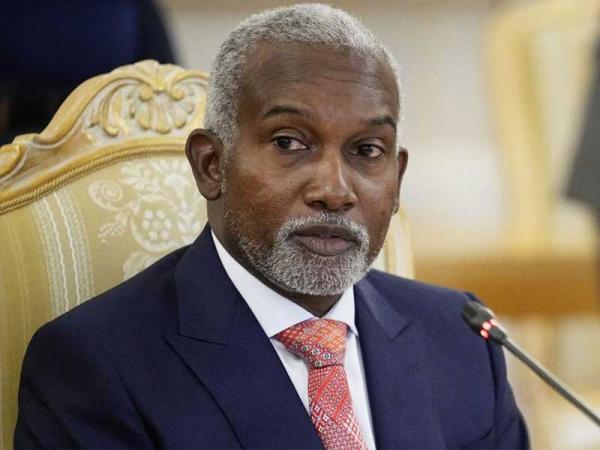
The UK government has introduced new immigration rules in Parliament that will bring an end to the recruitment of foreign care workers, as part of a broader plan to reduce net migration and overhaul the immigration system.
Under the proposals, only workers with degree-level qualifications (Regulated Qualifications Framework level 6 and above) will be eligible for Skilled Worker visas.
This raises the threshold from the previous level of A-level equivalent skills (RQF level 3). The minimum salary requirement for such visas will also rise from £38,700 to £41,700.
A new time-limited shortage occupation list will be created until the end of 2026 to cover critical infrastructure jobs below degree level. However, migrants in these roles will no longer be allowed to bring dependents to the UK or access discounted salary and visa fees.
The changes mark the first measures introduced under the government’s Immigration White Paper, which aims to reduce the number of people coming to live in the UK. If approved by Parliament, the new rules will take effect from July 22.
Migration Minister Seema Malhotra said: “The key change is raising the threshold for Skilled Worker visas from occupations at Regulated Qualifications Framework level 3 and above, approximately A-level skills, to occupations at RQF level 6 and above, mainly graduate professions.
“Salary requirements for work visas are being raised in line with the latest Office for National Statistics data, ahead of an upcoming thorough review of salary requirements (including discounts) by the independent Migration Advisory Committee (MAC).”
Home Secretary Yvette Cooper said: “We are delivering a complete reset of our immigration system to restore proper control and order, after the previous government allowed net migration to quadruple in four years.
“These new rules mean stronger controls to bring migration down, to restore order to the immigration system and to ensure we focus on investing in skills and training here in the UK.”
The measures are expected to reduce the number of people arriving in the UK by up to 100,000 annually, according to Home Office estimates. Other upcoming changes under the White Paper include tougher English language requirements and a higher immigration skills charge, set to be implemented by the end of the year.
The move to phase out care worker visas has sparked backlash from the care sector. GMB national officer Will Dalton called the decision “potentially catastrophic” and warned that the care industry was “utterly reliant on migrant workers.”
Currently, there are more than 130,000 vacancies in the sector. The Home Office has estimated that around 40,000 care workers were brought in by “rogue” recruitment providers and could continue to work while domestic staff are trained.
Transitional arrangements have been outlined for overseas care workers already living and working in the UK.






















